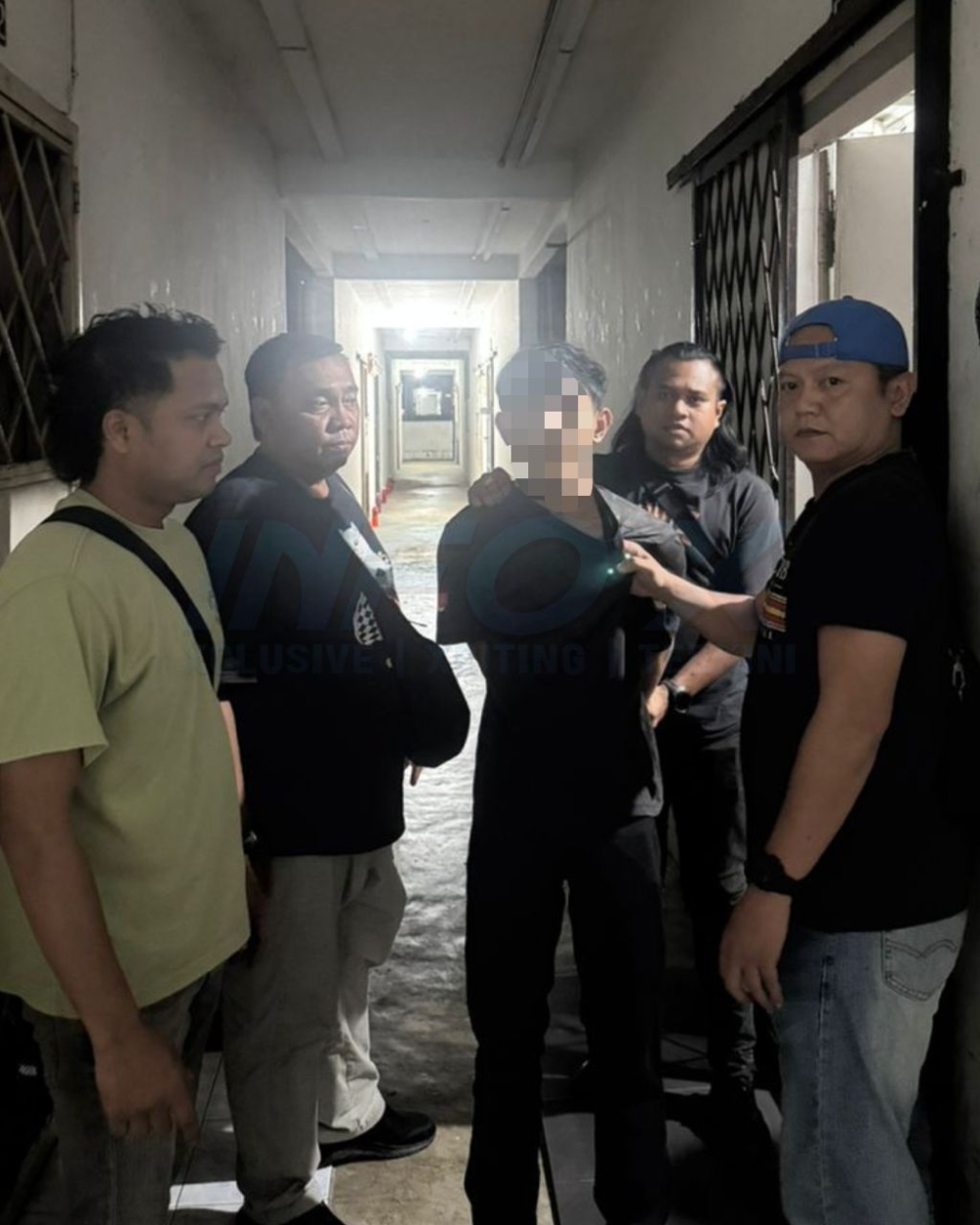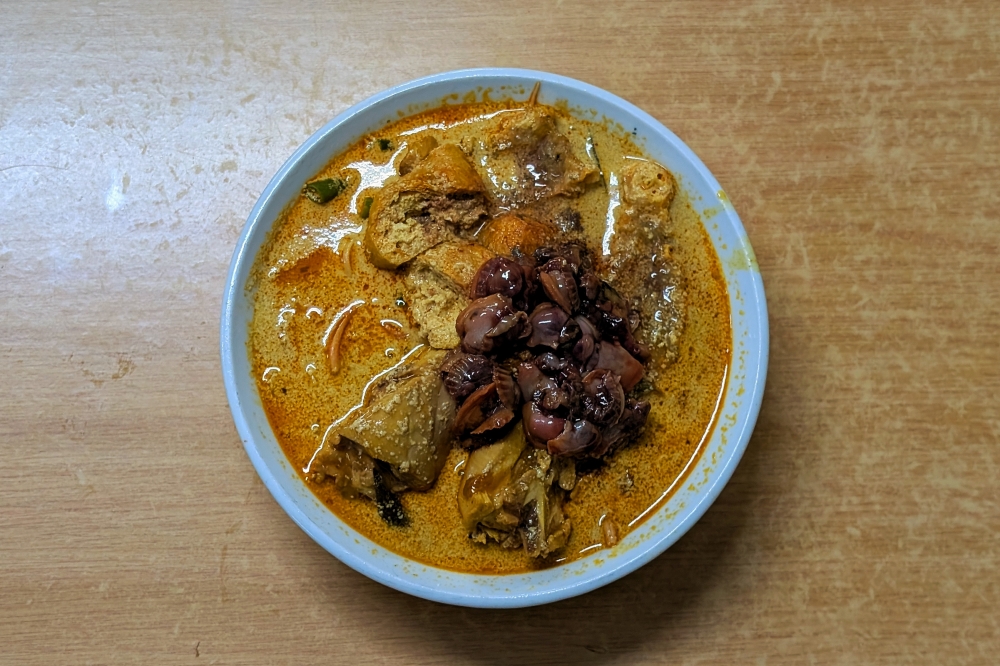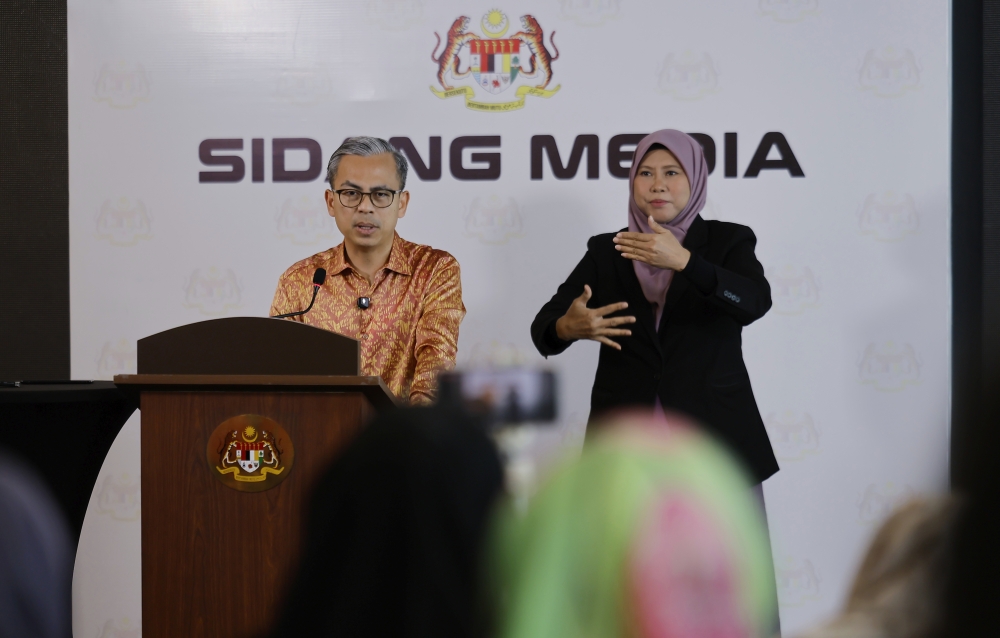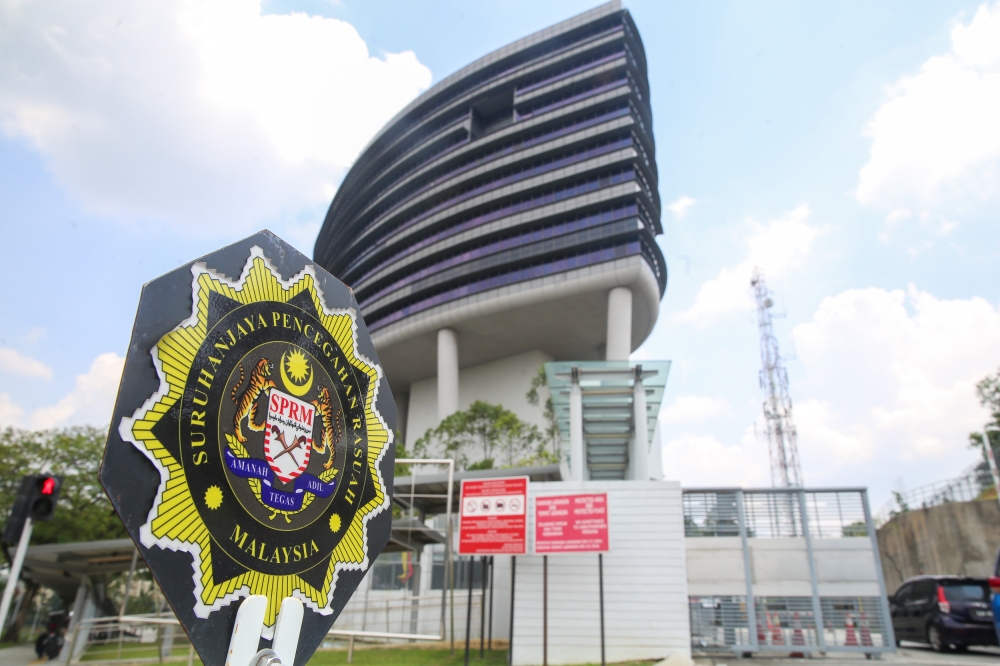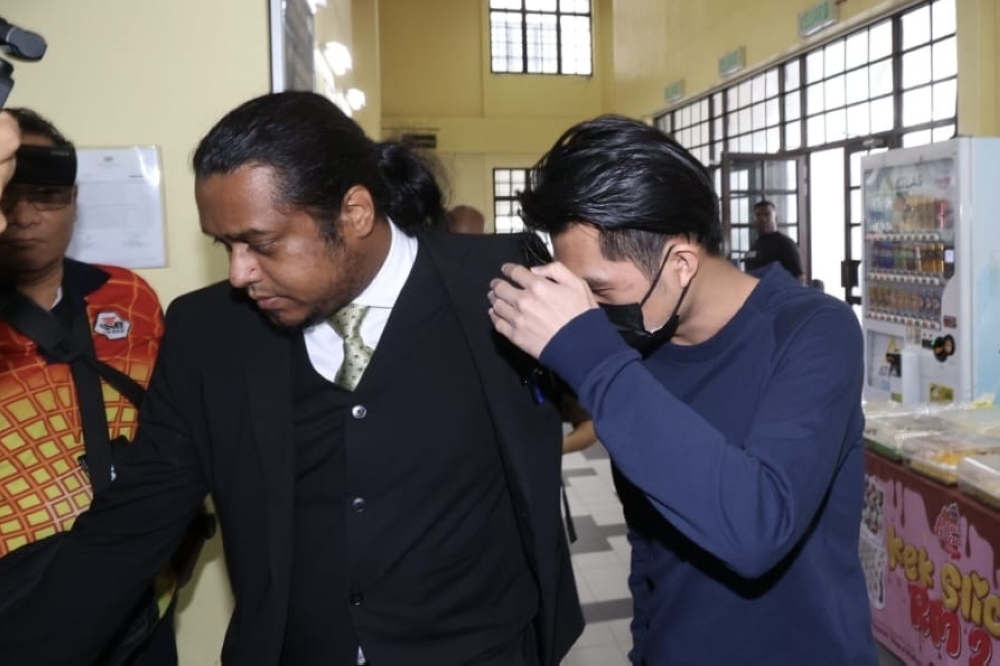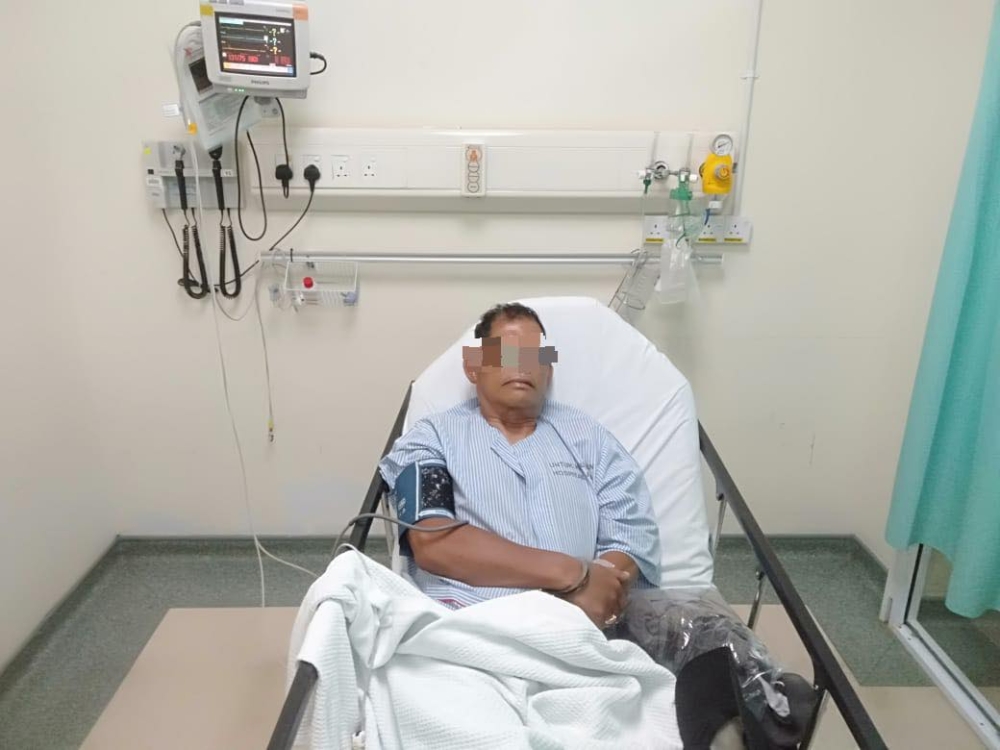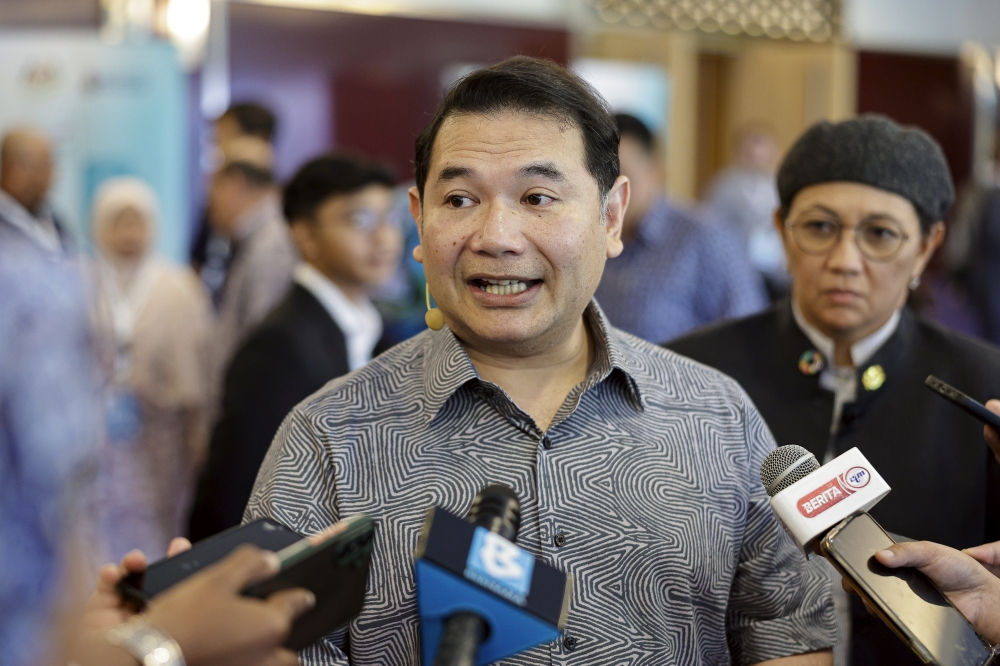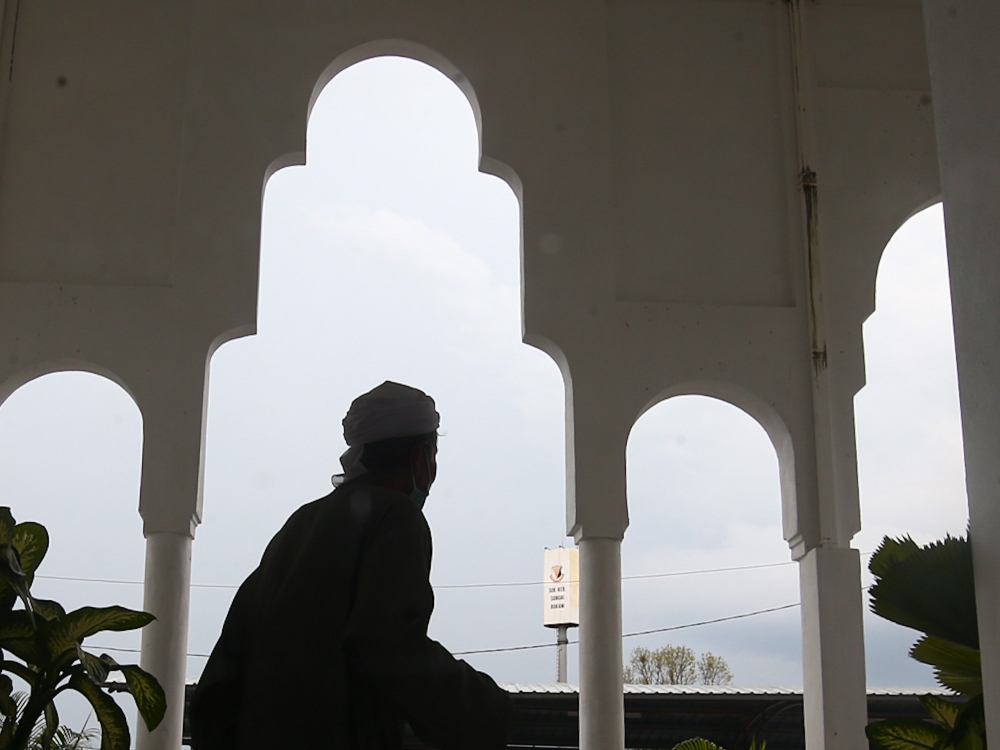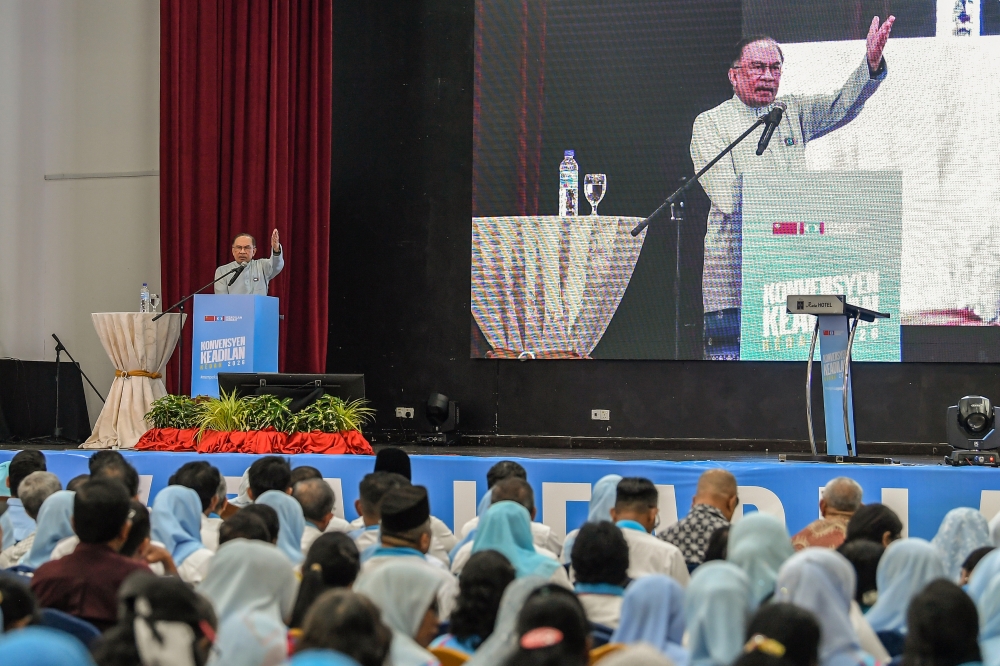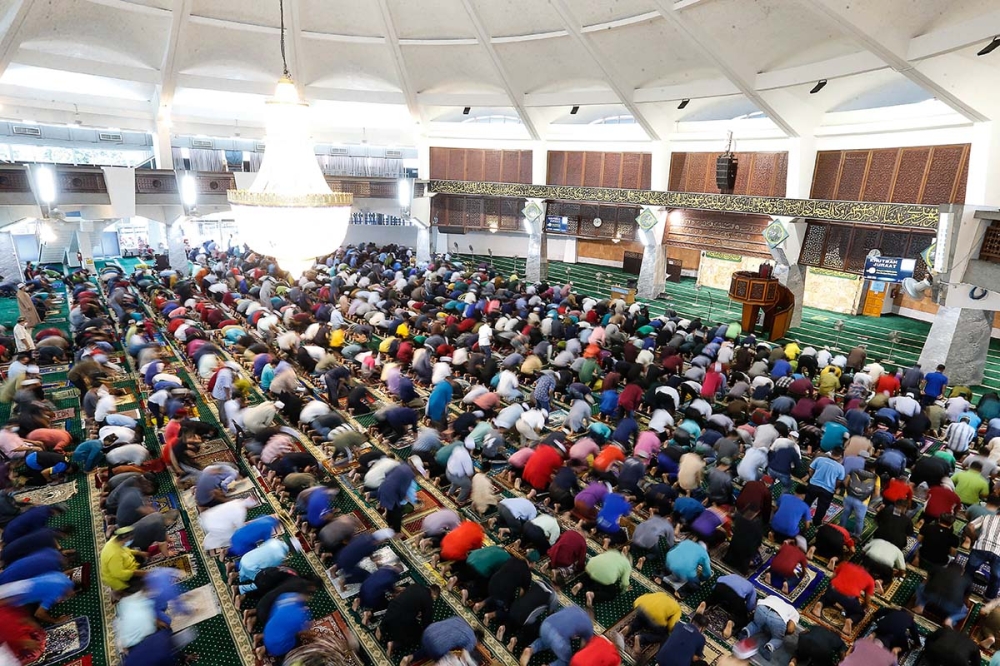KUALA LUMPUR, April 11 — Land scarcity in the Klang Valley is forcing non-Muslims to bury as many as three of their dead in a single grave at public cemeteries.
Called “reburying”, the practice involves interring one body over another several years later, or even cremating the remains of the third and subsequent persons in a family and placing their urns in the same burial plot.
According to Francis J. Mascrinhos @ Pope, owner of Norman Funeral Services, reburying as gaining such popularity in Kuala Lumpur and Petaling Jaya that he said was experiencing a shortage of space at Christian public cemeteries.
“Many people are opting to rebury, which is two-in-one, or where allowed, even three-in-one,” Francis told The Malay Mail Online in a recent interview.
He said this unconventional method of laying one to rest was necessary because of the prohibitively high price private memorial parks now charge, which ranges anywhere from RM8,000 to RM15,000 per burial plot.
The cost of erecting a tombstone could add another RM5,000 or even into the hundreds of thousands, depending on the design and materials used.
And the prices are yet to include the cost of the funeral service.
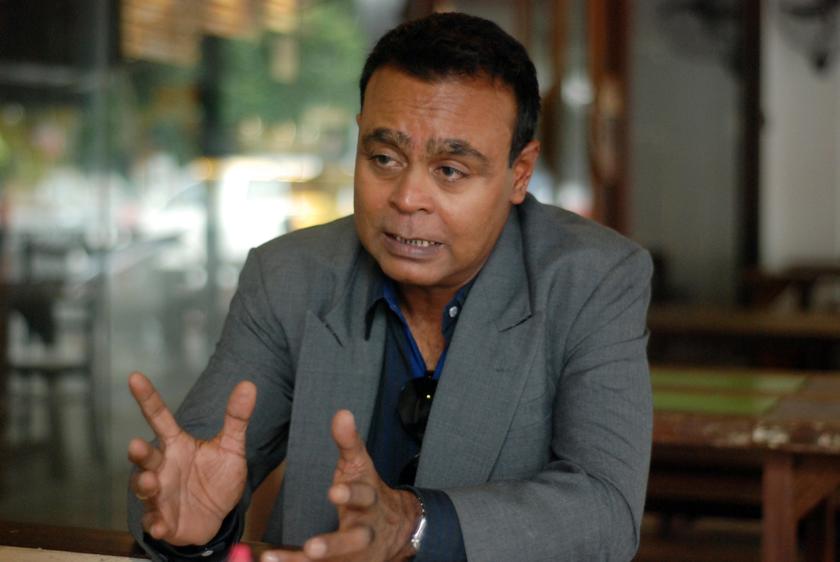
Norman Funeral Services charges between RM3,000 and RM20,000 for funeral services, depending on the type of casket purchased, which ranges from affordable locally-produced medium-density fibre coffins to solid wood caskets imported from Italy or the US.
“Given a choice, Christians still prefer burial compared to cremation,” said Francis, citing the biblical verse commonly used during Christian funeral services that originates from Genesis 3:19, “Dust thou art, and unto dust thou shalt return”.
“But because public burial land in PJ and KL is already full, and plots are no longer available, they opt for cremation. Districts like Rawang, Klang and Kajang still have land,” added Francis, who mostly handles Christian funerals.
Francis said that some private columbariums operated by non-religious organisations charge between RM2,500 and RM5,000 for an urn niche, depending on the viewing level the urns are placed at; eye-level is deemed the most desirable.
Like Christians, Buddhists and Taoists also face a shortage of burial plots in public cemeteries.
The Kuala Lumpur City Hall (DBKL) told The Malay Mail Online that there is no burial land available in Kuala Lumpur, and that public cemeteries in the city are now 80 per cent full.
Reeno Kong, director of NV Multi Asia (Nirvana), said that Buddhists and Taoists are increasingly moving towards cremation as the prices of private burial plots climb beyond their reach.
He noted that back in 1990 when Nirvana was the first bereavement company founded in Malaysia, their double burial plot cost just RM7,000 to RM10,000.
“RM50,000 is the average price of a funeral overall (now) if you choose to bury. That’s why more people are going for cremation now,” Kong said.
Among Nirvana’s top-selling columbariums are the RM20,000 double urn compartments, though prices start from RM6,800 for double niches.
Despite the prices, some remain prepared to fork out the sums needed to provide their loves ones a resting place for the foreseeable future.
“Buddhists and Taoists are more willing to spend on funerals,” Kong told The Malay Mail Online in a recent interview.
“Buddhists and Taoists believe that if you buy now and build a tombstone, you can gather the feng shui and you can actually enjoy the feng shui immediately,” he said.
Nirvana, which mostly caters to Buddhist and Taoist clients, also offers various funeral service packages that range between RM30,800 and RM43,800, depending on the type of casket purchased.
Kong noted that 90 per cent of Nirvana Memorial Garden’s completed burial plots and 80 per cent of their best-selling columbarium niches have already been sold.
The Nirvana Memorial Garden, which is a sprawling 300 acres in Semenyih, houses various cemeteries and columbariums in beautifully manicured gardens.
Among its higher-end offerings are hilltop family burial plots that cost between RM600,000 and an eye-popping RM1 million. But such luxury plots can accommodate 30 caskets, Kong noted when saying: “It’s for your generations”.
Nirvana earns a revenue of RM400 million a year, including earnings from its overseas branches in Singapore, Indonesia and Cambodia.
Muslims, however, do not appear to face a problem in securing burial plots in public cemeteries.
Zulkifli Haron, who runs Fiqrah Funeral Services, said that a burial plot in a Muslim public cemetery costs only between RM300 and RM600, while a mosque would charge RM600 to wash and shroud the body (mandi kafan). A tombstone for a Muslim grave costs more or less RM1,000, though rare high-end ones can touch RM10,000.
“Most Muslims are buried at public cemeteries. Normally, private cemeteries are for public figures or those who made their bookings earlier,” Zullkifli told The Malay Mail Online in a recent email interview.
He added that Muslim clients prefer to take up his services, which cost between RM1,800 and RM2,000, as mosque officials are not available 24 hours a day and sometimes lack speed.
Zulkifli also said his business focuses on the repatriation of foreigners of all religions who die in Malaysia, where he charges at least RM4,800 for destinations in Southeast Asia, more than RM5,500 for East Asia, RM10,000 and above for the Middle East, and at least RM15,000 for Europe and Oceania.
Parama Sarathy Naidu Supramaniam @ Appu, founder of KL Funeral Services, said that Hindus typically cremate their dead and cast the ashes in the sea or river.
“They’ll usually take a boat at Port Klang, then move out for less than 1km, and throw the ashes,” Parama Sarathy Naidu told The Malay Mail Online in a recent interview.
“If Port Klang is too far, they’ll go to the riverside at Templer’s Park. Some also bring the ashes back to India to cast them in the Ganges River,” added the funeral business owner, who mainly serves Hindu clients.
KL Funeral Services’ charges start from RM1,800 and can go up to RM25,000, depending on the type of coffin purchased.
Parama Sarathy Naidu observed, however, that the bereavement industry has expanded over the decades in Malaysia as demand for more elaborate death rites grows.
“In 1989, a funeral cost RM1,200, maximum RM3,000,” he said, pointing out that his popular packages now are the ones costing between RM6,000 and RM7,000.
“Last time, they used lorries to bring the hearse. Now, even a Toyota Hiace can’t be used. If you use a lorry, they’ll chase you from the house. People use Mercedes, Toyota Alphard, and Toyota Estima now,” Parama Sarathy Naidu added.
Francis said that his funeral service packages — which can cost an average of RM7,000 to RM10,000 — have now been tailored to include providing acoustic guitarists who play gospel music at the wake and later on at the cemetery or crematorium, floral arrangements that match the theme of the funeral, and even photography or video during the ceremony that is later edited and synced with traditional gospel hymns and saved in a DVD.
While prices of bereavement services may be creeping up, it is said that nothing is certain but death and taxes.
Even as Nirvana plans to expand to Thailand and China, Kong pointed out that there are now 20 private memorial parks in Malaysia run by competitors since his father started the company in 1990.
“As we become more modern, we offer a different choice to customers. That’s why now, you see that people are more willing to purchase privately-owned memorial parks,” he said.

